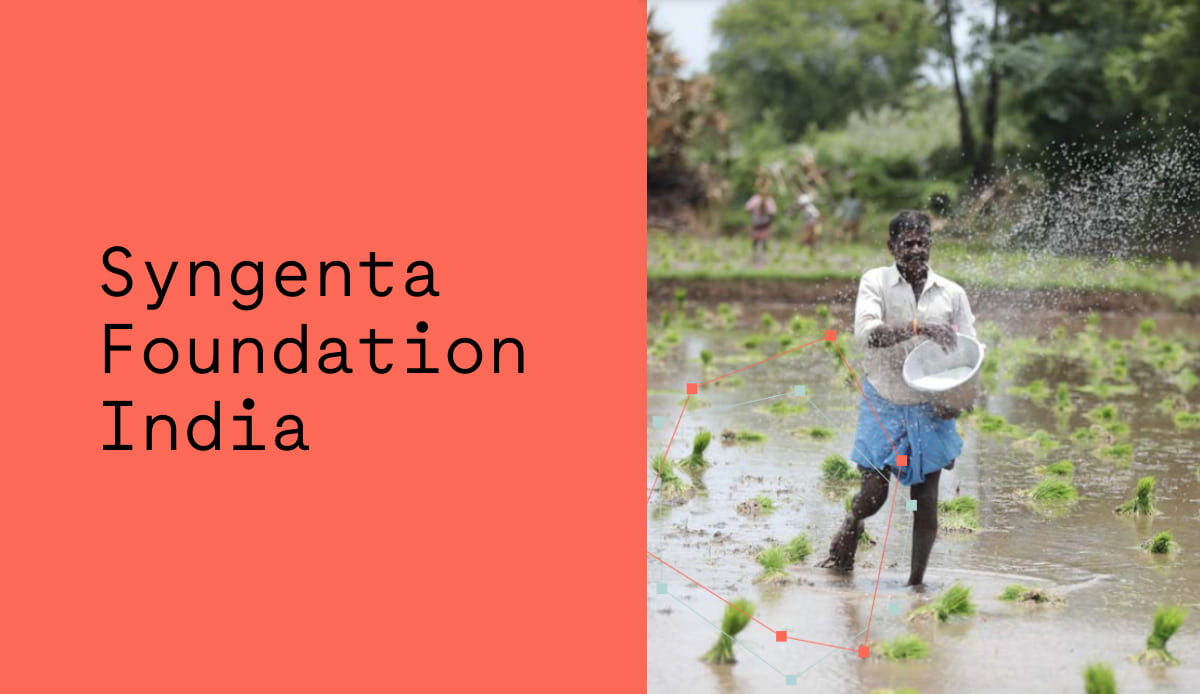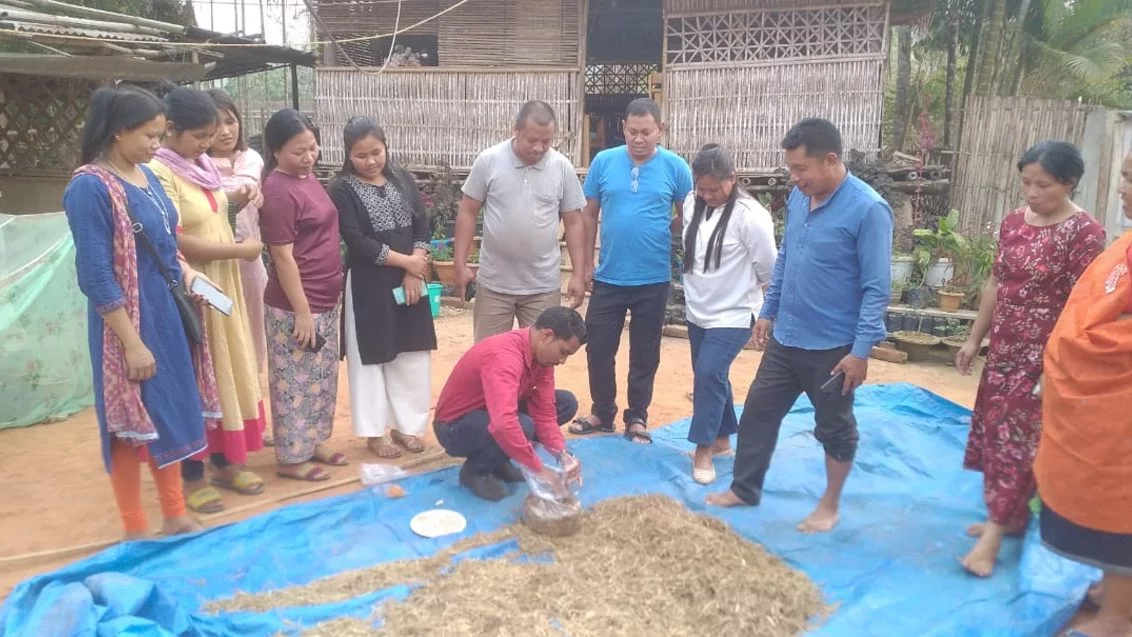
Running a business is good for you: a look at Syngenta Foundation’s Agri-Entrepreneur program
This article was originally published here on Syngenta Foundation’s website.

Rural entrepreneurship is a major focus of Syngenta Foundations’s work. But how well are they doing? How does one’s life change as an Agri-Entrepreneur (AE)? Which parts of the Agri-Entrepreneur program should improve? To find out, 60dB ran a survey in India. Syngenta Foundation Policy Head Yuan Zhou and Aparna Shukla from Syngenta Foundation India talk through the results.
Syngenta Foundation: Why did you run this survey at this particular time?
Yuan Zhou (YZ): Our Agri-Entrepreneur program has been running for several years. We’d already looked informally at challenges, opportunities, and areas for improvement. But we hadn’t systematically evaluated the impact at the AE level. Last year, our team reached the great milestone of 10,000 AEs across India. At that kind of scale, we felt it was time to run an in-depth survey, especially in states in which the program has been running longer.
How would you summarize the key results?
Aparna Shukla (AS): The stand-out finding for me is that AEs are clearly experiencing improvements in their lives. 85% of survey participants mention a better quality of life and 82% report higher incomes. A median AE income of INR 27,500 in Assam is a great achievement. Closely related to that improvement is a greater ability to afford household expenses, and improved self-esteem. The extra income comes above all from providing farm inputs and digital banking services. However, experiences and satisfaction vary greatly between states.
What surprises were there?
AS: One is the considerable variation I’ve just mentioned. Several factors affect AEs’ satisfaction. These include how the program is implemented in a particular area and how quickly local governments issue licenses to sell inputs. Speaking personally, I also hadn’t expected that most surveyed AEs would have a university degree. The usual story is that graduates don’t want to work in rural agribusiness.
What particularly pleases you about the findings?
YZ: It’s great that beneficiaries see meaningful improvements in their income and quality of life. That’s a major aim of the program! It’s also good to see high farmer retention; that means that the services provided by AEs address local smallholders’ needs.
What aspects of the program score less well so far?
AS: There is room to improve the training. 17% of AEs suggest more practical sessions; 13% would like in-person training. 17% want to see more diverse topics covered. About two-thirds of those surveyed want refresher training, notably on agricultural techniques, market links, and livestock-related information. Another area for improvement is to increase the number and success of female AEs.
What will you be doing about these two issues?
YZ: We’re tackling the topic of women AEs together with the Bill & Melinda Gates Foundation (BMGF). Thanks to its support, 10,000 more women are becoming AEs. The major focus is on empowering and supporting them to make their business profitable. Increasing the support includes adding training on women’s economic empowerment, as well as raising the number of female AE mentors.
And what about other improvements to the training?
AS: We’re responding to both requests: more topics and refresher training. We’re reviewing the curriculum with the trainer team. When onboarding AEs in new areas, we’ll intensify the initial analysis of local needs. And we intend to offer refresher training for AEs who have been in the program for more than two years.
From some survey comments, it sounds as if the Agri-Entrepreneur program is too focused on crops. What are your plans for paying more attention to animal husbandry?
AS: The AEs work with smallholders who primarily grow crops so that focus will remain. But 54% of those surveyed already provide livestock services. We and the Agri-Entrepreneur Growth Foundation (AEGF) provide training in this area. We help suitable AEs to start a dairy business and guide farmers on efficient livestock management. The partnership with BMGF that Yuan just mentioned is likely to increase the proportion of AEs including animal husbandry in their businesses: dairy farming is often a women’s activity.
That all sounds good, but how representative is this study? There are well over 10,000 AEs, but you only surveyed 150…
YZ: The number of AEs is growing rapidly. But we intentionally focused on AEs who had joined the program before the end of 2020. This is because we knew that AE impact usually starts to show after about two years; significant benefits for farmers emerge from the third year. We concentrated on three states: Maharashtra, Bihar, and Assam. 150 survey participants represent a good sample of the active AEs onboarded there by 2020.
For this phone-based survey, you again worked with the company 60 Decibels. How far did lessons from their earlier studies help shape this one?
YZ: The previous surveys in Bangladesh and Indonesia ran well. They addressed farmers; the Indian survey was our first with Agri-Entrepreneurs. But we applied an important lesson from the earlier work. Right at the start, we asked local colleagues two key questions: Which impact measures do you want and how can you use the results to meet partners’ needs? The Syngenta Foundation India team actively helped shape the questionnaire.
Want to dive deeper into these results and learn more about Syngenta Foundation’s Agri-Entrepreneur program? Download the report below.